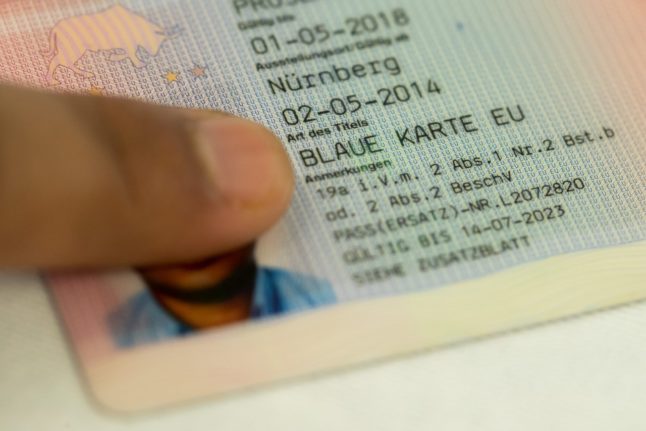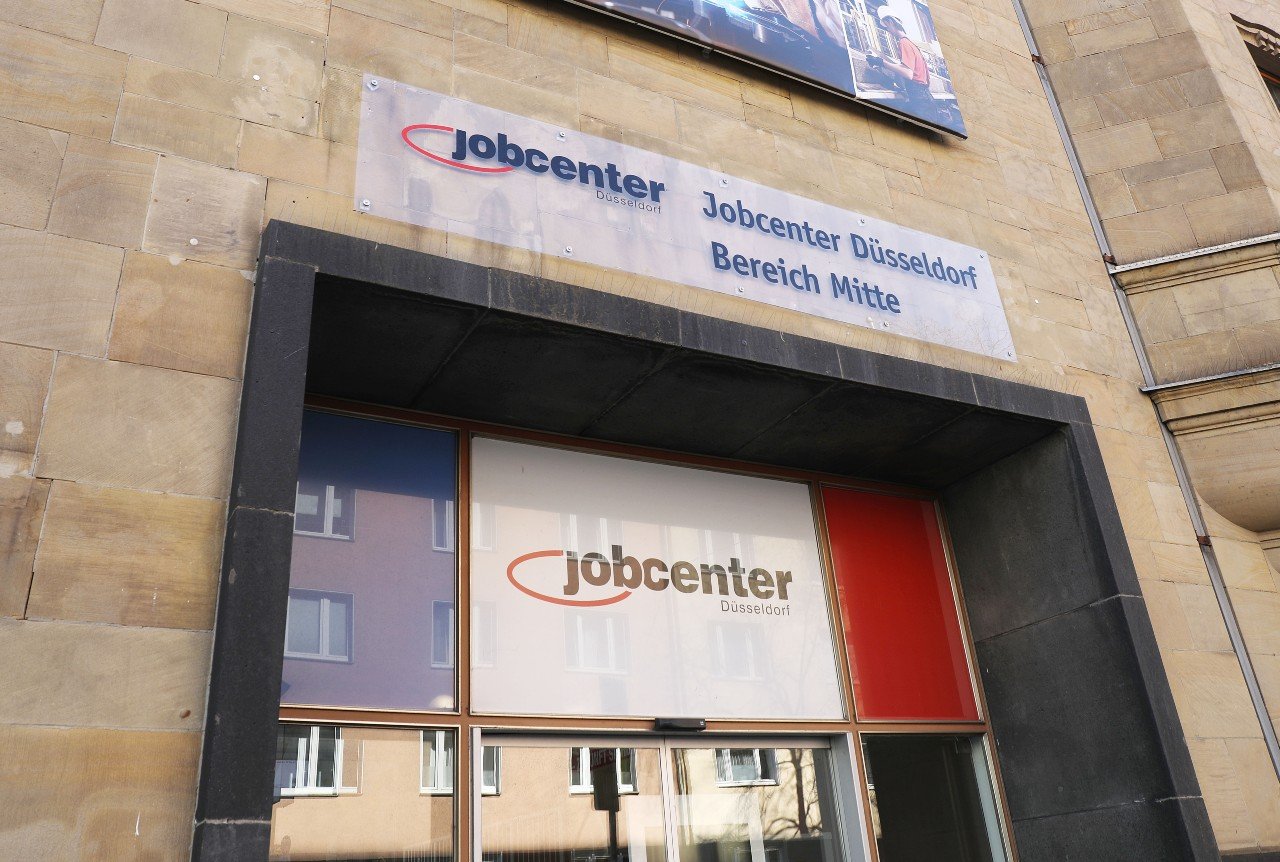Germany’s sweeping new changes to immigration law have been hotly anticipated since they were announced by the coalition government back in 2022.
With the new reforms, the Social Democrat-led coalition, which governs alongside the Greens and Free Democrats (FDP), wants to bolster immigration numbers and tackle the country’s mammoth labour shortages.
The goal to make Germany a country of immigration has seen ministers go back to the drawing board on a piece of legislation that was last amended just before the outbreak of the Covid pandemic: the Skilled Worker Immigration Law.
As part of the latest plans, Blue Cards will be easier to obtain for people on lower salaries in a wide range of professions, there will be more flexible rules for family reunification and a new points-based jobseekers visa known as the Opportunity Card will be brought in.
These changes got the final green light from parliament back in July, and the reforms are now set to come into force in three phases, with the first rule changes applying from November 2023. Two further phases will follow in March – when the Opportunity Card will come into force – and June 2024.
READ ALSO: When will Germany’s new immigration rules come into force?
For now, though, here’s an overview of what’s changing for skilled foreign workers from November this year.
Easing up Blue Card requirements
One of the most popular routes for moving to Germany as a skilled worker is via the EU Blue Card scheme, which offers work permits for people in skilled professions that traditionally command higher salaries.
In November, the government has announced that it will be introducing a “new EU Blue Card”, which will make this sought-after document much easier to obtain, as well as giving Blue Card holders greater mobility rights and easier family reunification.
Here are the four main ways the Blue Card is set to change:
Lower salary threshold
At present, most workers hoping to get their hands on a Blue Card need to be taking home at least €58,400 per year before taxes – in other words, well above the average income – though workers in high-demand fields like IT, mathematics, natural sciences, engineering and medicine, are permitted to have a salary of €45,552.

From November, this will be lowered dramatically. After this date, the salary requirements will be linked to the so-called pension contribution assessment ceiling: in plain English, the upper salary threshold for paying statutory pension contributions. In future, the salary thresholds for Blue Cards will be set at 45.3 percent of the pension contribution ceiling for in-demand workers in “bottleneck” professions and at 50 percent for everyone else.
That means that in 2023, people in sought-after professions like mathematics, healthcare and IT will get by with a salary of €39,682.80, while all other workers will need earn more than €43,800 to be eligible.
More people will be eligible
Currently, people in the bottleneck professions – i.e. those with the most severe labour shortages – are given special conditions when applying for an EU Blue Card. However, the definition of a bottleneck profession remains quite narrow, with just IT, human medicine, mathematics, engineering and science making the cut.
This will soon be broadened out significantly to include nurses, teaches, pharmacists, vets, dentists, professional service managers and people in manufacturing, mining or construction. That means that these groups will also be eligible for a Blue Card at the lower €39,682 salary. You can find a full, updated list of the bottleneck professions here.
In addition, career entrants who’ve graduated from university within the past three years will also be eligible for a Blue Card on a lower salary, as will IT workers who can prove they have at least three years of experience – even if they don’t have a degree.
READ ALSO: COMPARED: What salary do you need to get a work permit in different European countries?
Freedom of movement rights
People who hold a Blue Card from another EU country will be able to come to Germany for up to 90 days on work-related trips without needing a visa. In addition, people who’ve been living in another EU country on a Blue Card for at least a year will be able to live and work in Germany long-term without needing a visa. Instead, they will simply have to apply for a German EU Blue Card at their local foreigner’s authority (Ausländerbehörde).
Streamlined family reunification
If family members have already gone through the process of applying for a reunification visa once, they will no longer have to repeat this arduous process again in Germany. That’s because the families of EU Blue Card holders who lived with them in another member state can use this previous permit to live and work in Germany without applying for a new visa. In addition, they’ll no longer have to prove sufficient living space or the means to support themselves.
READ ALSO: How foreigners will be able to bring their families to Germany under new skilled worker law
More flexibility for qualified workers
Though this change has received far less fanfare than the Blue Card changes or the points-based Opportunity Card, it could end up being one of the more significant changes in the legislation.
From November, people with vocational or academic qualifications can come and work in Germany if they meet all the requirements – but crucially, they no longer have to work in a field related to what they studied. So someone with a natural sciences degree, for example, could take up a programming job, or a humanities student could move into a management role.

Speaking in a recent interview on The Local’s Germany in Focus podcast, immigration lawyer Sven Hasse explained that this was part of a broader move to loosen up the bureaucracy around foreign qualifications.
“At the moment, immigration is only possible for skilled workers if you have a recognised degree or recognised vocational training,” Hasse said.
“And that is intended to change. In future it will be okay if you have a foreign degree, and the recognition can either be done in Germany, or you could even get a residence permit without formal recognition.”
READ ALSO: 8 things to know about Germany’s new skilled worker immigration law
Simpler visa routes for professional drivers
Professional drivers are also among the workers being wooed by the coalition government in its immigration reforms.
At present, lorry drivers and logistics workers from non-EU countries are at the back of the line when it comes to securing jobs in Germany, as employers have to prove there are no Germans or EU nationals who could fill the role instead.
This rule is set to be scrapped in November, along with requirements for foreign drivers to prove German language skills.
Drivers also will be able to get a work permit even if they don’t have the relevant EU or EEA driving licence and initial driving qualification, making visas much quicker and easier to obtain.





 Please whitelist us to continue reading.
Please whitelist us to continue reading.
Member comments